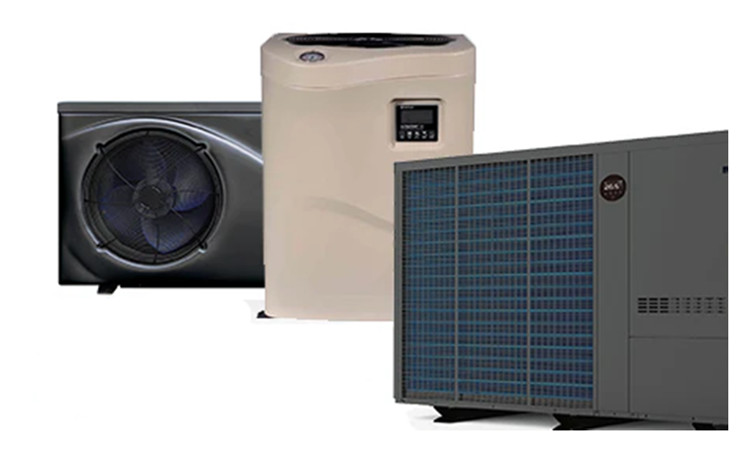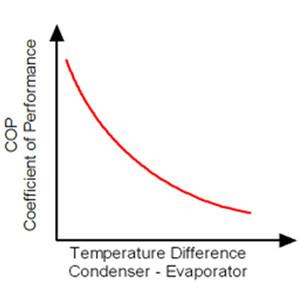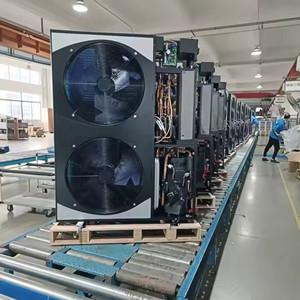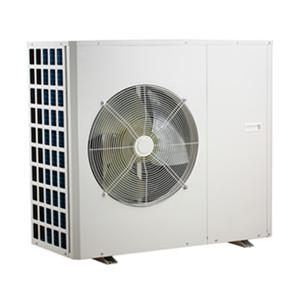Propane vs Heat Pump Pool Heater
You invest a lot of time, money, and energy into making your outdoor pool a clean, enjoyable feature of your home. There's nothing cooler than taking a dip in clear water on a hot day. A pool heater for an inground pool may be a larger investment, but the benefits of heating water in an outdoor oasis far outweigh the cost. You'll have a more comfortable swimming experience, and if you live in a cooler climate, you can extend your swimming season significantly. There are different types of pool heaters on the market, which one is best for your pool and the area where you live? We’ll take a closer look at two of the most popular types so you can decide which one is best for you: propane water heater vs. heat pump pool water heater. propane
Propane Pool Water Heater
Propane pool heaters have been around for a long time, so they are a reliable option for heating your pool. They work by sucking in water and heating it using alkane gas. Then they put the water back into the pool and everything was warm and cozy.

Advantage:
1. Quickly heat your swimming pool
Propane heaters are popular with pool owners because they heat water quickly and keep pool temperatures stable regardless of the outdoor temperature. Therefore, propane pool water heaters are ideal for pool owners in cooler climates who use their pool less frequently, especially in early or late summer when outdoor temperatures often fluctuate.
2. Lower initial purchase and installation costs
Propane pool heaters are more economical up front compared to other more energy-efficient pool heaters. They cost much less, between $1,500 and $2,500, and can cost as little as $500 to install. Installation costs are especially low if your home already has a propane energy connection. A propane pool heater is a good choice if you want to stick to a lower budget during your first year of use.
Shortcoming:
1. Use more energy to run
Unfortunately, if you are looking for the most environmentally friendly option in a pool heater, propane heaters are not the option for you. They use limited natural resources to operate, so they are not the most environmentally friendly option compared to other types of pool heaters. They also have higher overall operating costs, which you can see on your energy bill. Generally speaking, air pumps cost between $300 and $500 per month to run, but you can save money by turning them off when not in use because they work quickly after being turned on.
2. Higher maintenance costs and shorter service life
While the initial cost is lower, there are so many moving parts in these machines that the likelihood of maintenance is higher. This can end up creating additional costs and headaches. Propane pool heaters tend to have a shorter overall lifespan than heat pump heaters because maintenance costs eventually rise to the point where it becomes more cost-effective to purchase a new model.
Heat Pump Pool Water Heater
Unlike propane water heaters, heat pump pool heaters do not generate heat themselves. A heat pump works by absorbing heat from the air, compressing it, and then passing pool water through the heated air. The higher the outdoor temperature, the more efficiently the heat pump works and the less energy it consumes. Therefore, heat pump pool heaters are ideal for warm southern climates.
Advantage:
1. Greener energy options
Because heat pumps do not use natural gas or fuel to operate, they produce no emissions, helping to reduce your overall carbon footprint. What's better than enjoying the outdoors while knowing you're not harming the environment?
2. Less maintenance and longer service life
Over several years of use, heat pumps require fewer repairs overall and cost less money and hassle than propane water heaters. Heat pumps also need to be replaced less frequently than propane pumps and can last up to 20 years.
Shortcoming:
1. It takes longer to heat the pool
Due to the longer heating process, a heat pump takes longer to heat the entire pool. They are not ideal if you want to turn it off frequently and only turn it on when the pool is in use. If you have this type of pool heater, it's a good idea to run it more often so that the pool water is nice and warm when you decide to go for a swim.
2. Higher price tag and more expensive installation
Heat pump pool heaters are newer on the pool market, and they definitely cost more upfront. Generally, they cost between $2,500 and $3,500, with installation costs around $1,000. While the initial cost is much higher than a propane pump, the cost of running a heat pump is much lower than running a propane pump. On average, a heat pump costs $50-$100 per month to run.
Choosing the right pool heater for your specific needs can be tricky. Before you dive in and buy that new machine, you'll want to consider the size of your pool, how often you'll use it, and even the type of climate you live in. You may even want to consider the environmental impact of your new pool heater. Either way, you'll love your new purchase as you soak in the warm, cozy water.
Get more help
Leomon is a professional heat pump manufacturer. If you are considering purchasing a swimming pool heat pump, please contact us. Our heat pump experts will give you the best advice.





